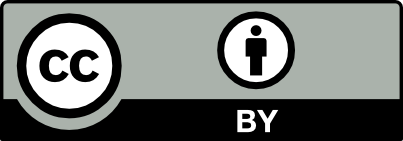Abstract
This paper deals with the manufacturing of activated carbon from locally available agricultural waste, namely dates stones (DS) to be used as cheap adsorbent for wastewater treatment. The manufacturing process includes the use of zinc chloride, phosphoric acid and sulfuric acid as chemical activators. The temperature and time of activation were varied to produce activated carbons with different properties. The adsorption of methylene blue (MB) on the produced activated carbon was investigated. The date stones, charcoal and the activated carbon samples were characterized using Fourier Transform Infrared spectroscopy and scanning electron microscope techniques. The results indicated that all the produced activated carbons have good adsorptivity towards methylene blue. The phosphoric acid was found to be the best activator when combined with carbonization temperature of 400 °C for one hour. All the prepared samples were found to have micro pores with that prepared using sulfuric acid to irregular compared to the other two types. The surface of the prepared samples was found to contain many functional groups was C-O to be predominant.
Recommended Citation
Altaher, Hossam and Khalil, Tarek E.
(2012),
MANUFACTURING AND CHARACTERIZATION OF ACTIVATED CARBON FROM BIOSOLIDS FOR TREATMENT OF WASTE WATER,
Yanbu Journal of Engineering and Science: Vol. 4:
Iss.
1, 48-56.
DOI: https://doi.org/10.53370/001c.24045
Available at:
https://yjes.researchcommons.org/yjes/vol4/iss1/6












